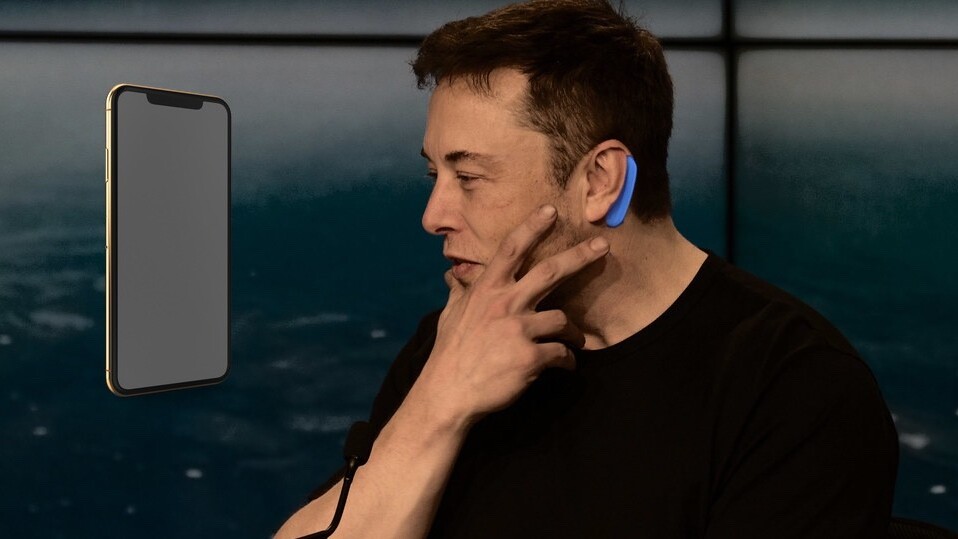Elon Musk’s ambitious brain-computer interface company, Neuralink, finally told us today what it’s been up to. It’s building a device that’ll let you control computers and phones with your brain.
As per Bloomberg’s report, right now it can ‘read’ a rat’s mind with the help of tiny electrodes implanted into the animal’s neurons and synapses. The company plans to seek approval from the U.S. Food and Drug Administration (FDA) next year to start trials on humans.
Neuralink’s President, Max Hodak, told journalists in a briefing that the company’s planning to drill 8mm holes into a paralyzed human’s skull and install implants through which they can control phones and computers. He added that in future it plans to use a laser to drill holes to reduce pain.

The team has developed a special robot with a 24-micron needle to insert threads into the brain, that’ll ‘read’ its activities. Hodak said that these threads have to be firmly under the skull and around 60 microns away from the neurons. He added that the aim was to build a wireless device that’s usable at home for a long time.
So the company developed a tiny sensor that has a diameter of 8mm that can go into the brain. Hodak said that you can implant 3-4 sensors into the brain, and those will connect with a wearable computer called the Link, that can sit behind your ear. Connecting the Link will allow for reading spikes from neurons, and for easy software or firmware updates.

As the first step, Neuralink wants you to control mobile phones, mouse, and keyboard with this device. It has also developed an iPhone app that’ll help you control iPhone, keyboard or mouse with gestures.

The company was founded in 2016, but there was little information available on its inner workings up until now. In April 2017, in a lengthy piece on Wait But Why, Musk said the company will work on connecting brains to a computer.
In an event held at the California Academy of Sciences, Musk said the company’s goal is to understand brain disorders and “preserve the brain.”
Get the TNW newsletter
Get the most important tech news in your inbox each week.






